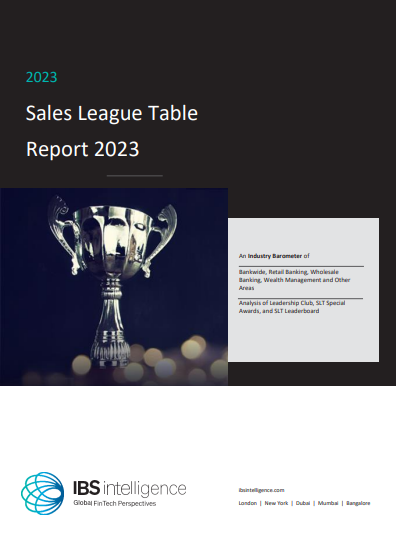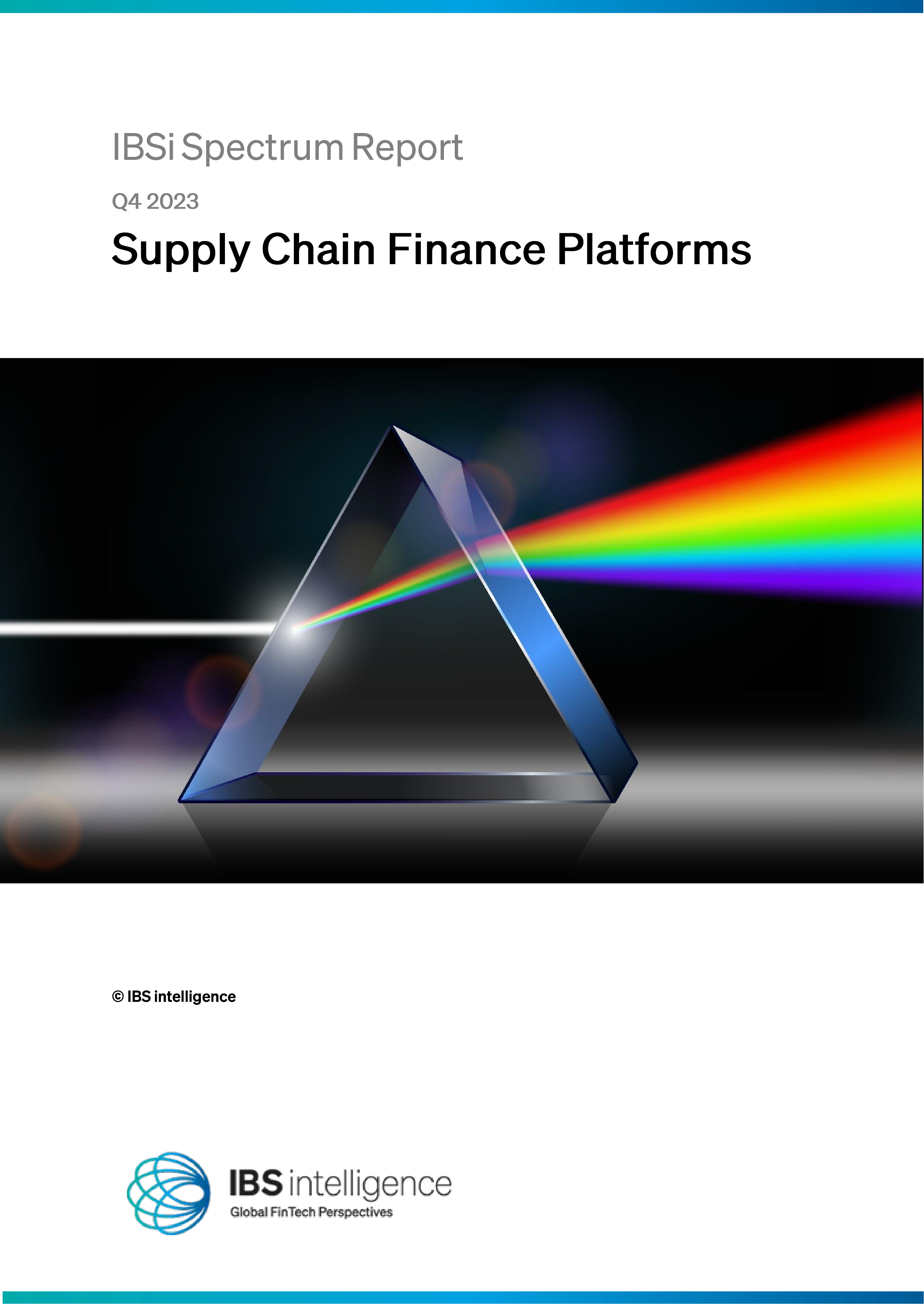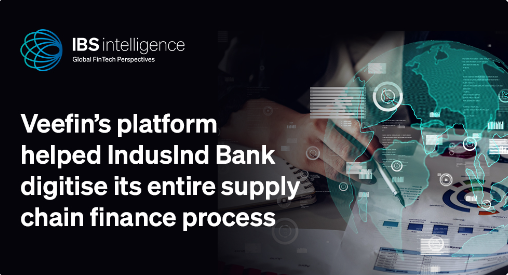 Back
Back
The deep dive: Big data and AI in financial services
By Puja Sharma
The deep dive’ is our bi-weekly exploration of a relevant topic, hot trend, or new product. For Prime subscribers only. Finance was one of the first sectors to recognize the potential of big data and the wave of new technology that has accompanied it – including Artificial Intelligence (AI). Artificial intelligence is already being widely […]
This article can only be read by subscribers. Subscribe to IBSi Premium or Sign in
Get access to IBSi Premium
IBSi Daily News Analysis + monthly IBSi FinTech Journal
Daily insightful Financial Technology news analysis
Weekly snapshots of industry deals, events & insights
Weekly global FinTech use cases
Chart of the Week curated by IBSi’s Research Team
Monthly issues of the iconic IBSi FinTech Journal
Exclusive invitation to a flagship IBSi on-ground event of your choice
£19.99/monthly - Subscribe Now!
Other Related News
April 17, 2024
Sovereign upgrades elevate Sukuk ratings; GCC debt markets on track to break $1tn barrier
Read MoreApril 16, 2024
Explosive growth in Web3: UAE and MENA region poised to lead crypto, DeFi, and Metaverse revolution
Read MoreRelated Reports

Sales League Table Report 2023
Know More
Global Digital Banking Vendor & Landscape Report Q1 2024
Know More
Wealth Management & Private Banking Systems Report Q1 2024
Know More
IBSi Spectrum Report: Supply Chain Finance Platforms Q4 2023
Know More









